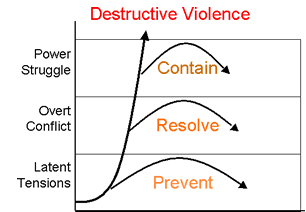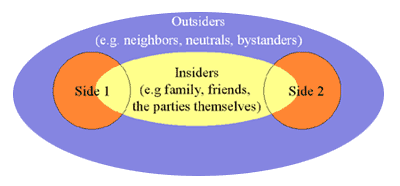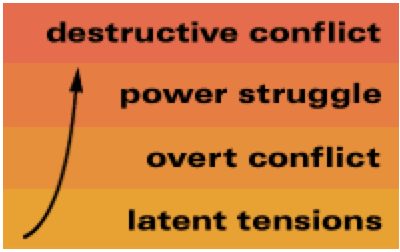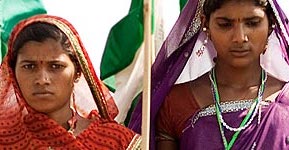Taking Non-Violent Resistance to Scale: The Case of Ekta Parishad
William Ury, in his book ‘The Third Side’ said, “the underlying cause of conflict usually lies in deprivation of basic human needs…The most basic human needs include food (and other necessities for living), safety, identity, and freedom. Each provides a form of security – economic, physical, cultural, and political. Put more simply, each person wants to feel well, safe, respected and free. If we can help address one or more of these four needs, we can avert much destructive conflict.”
This is exactly what the Ekta Parishad (“Unity Forum” in Hindi), in India, has been established to accomplish. It had started as a loose group of NGO training institutes that were involved in community development work. However, since the early 1990s, the work of Ekta Parishad started taking on a different form – that of an alternative institutional network, representing the needs of more than 3,000 marginalized Indian families, with various issues that have been identified in different parts of the country.
The primary constituencies that the Ekta Parishad serves are those of the marginalized sections of India, such as the displaced tribal population; women farmers, who don’t have a voice and the necessary economic rights; and homeless poor who are unable to benefit from the legislations that provide them housing rights.
The purpose of Ekta Parishad, as the national coordinator Ramesh Sharma puts it, is to create institutions that allow people to take ownership of democracy and contribute to self-governance and self-regulation. These institutions are, in a way, complementary to the actions of the State-run institutions. They supplement the activities and provide resources that the State machinery may not be in a position provide. According to Sharma, self-reliance is a crucial part of building “creative mass consciousness.”[1]
In fact, the very same self-reliance that Sharma espouses speaks to the four essential elements existing in the role of a Provider in the Third Side: to share, to protect, to respect and to free. The Ekta Parishad works on an annual membership model, wherein every family contributes Rs. 10 annually and all of their family members gain membership into the Parishad. In a way, these 3,000 families are owners of their futures and contribute to shared resources, subscribe to protect each others’ needs and interests, respect their rights and fight for their respective entitlements, and free them from the constraints of poverty of resources. The membership approach is designed to create a sense of ownership and oneness, where everyone benefits from the same level of respect and responsibility.[2] Ekta Parishad also regularly encourages constructive actions on the ground, such as construction of irrigation canals, village schools, health centers, digging wells, and repairing village ponds. These activities inspire more local people and government officials to participate, thereby sending the message that the responsibility for ensuring an effective democracy lies with everyone.
By pooling their resources to non-violently fight for the rights of each other, the Ekta Parishad model also cuts across regions, languages, cultures, legal regimes, gender and communities. This way the Unity Forum serves as a powerful example of the Third Side’s Bridge Builder.
For more information on the Ekta Parishad, go to their website here: http://ektaparishad.com/
***
[1] https://www.nonviolent-conflict.org/blog_post/building-self-reliance-alternative-institutions-interview-ramesh-sharma-ekta-parishad/
[2] Id.







